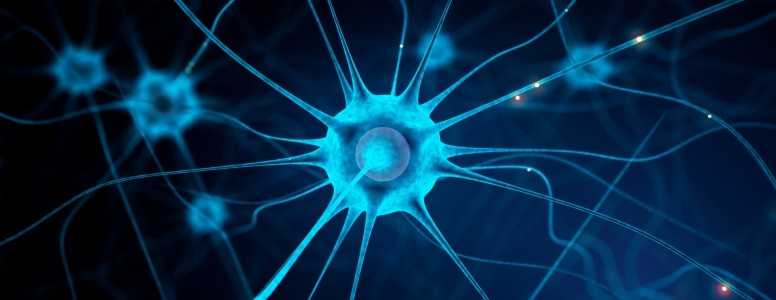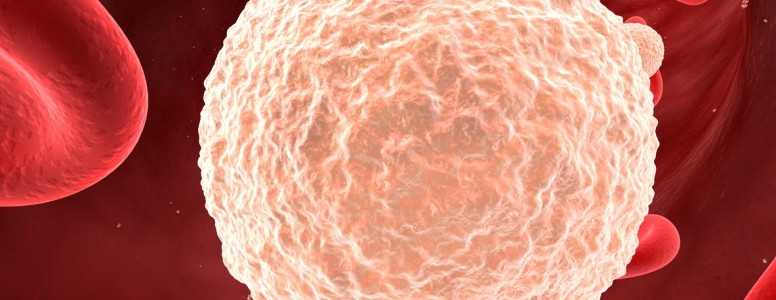A new study conducted at the University of Cambridge has found that a group of neurons in the brain coordinates energy intake and energy output when dieting.
The findings, which revisit the energy-balance equatio, have implications for predicting the outcome of different weight loss interventions in obesity and type 2 diabetes.
Researchers knew that when we eat less, the body tends to compensate and burn fewer calories. But, how energy expenditure (calories out) is adjusted when calories are restricted remained unclear.
These new findings suggest that the brain regulates this caloric thermostat. In the journal eLife, researchers explain that, in mice, the brain responds to a calorie deficit by increasing hunger and decreasing the number of calories burned.
In other words, it turns the body into saving mode, which leads to barely measurable rises in energy expenditure and no increase in loss of body fat over time.
The group of neurons responsible for this phenomenon are known as the agouti-related neuropeptide (AGRP) neurons. They are located in the hypothalamus and represent about 10,000 neuron cells that are activated by fasting and refeeding.
When activated, the AGRP neurons act to spare energy, limiting the number of calories burned and hence the weight loss. They do that by decreasing thermogenesis (fat burning) in brown adipose tissue (BAT).
In the study’s experiment, mice that were food-restricted and genetically modified to have altered function of those neurons burned fewer calories.
The other interesting finding is that the AGRP neurons can detect how much energy is available through nutrient-sensing pathways, like mTORC1, and then control how many calories are burned accordingly.
The number of calories consumed is therefore important, but so is the type of diet as researchers found that exposing mice to a high-fat diet for several days inhibited their AGRP neurons, causing them to burn calories at a faster rate.
This is in line with the metabolic advantage purportedly associated with a low-carb, high-fat diet which is that it allows fat burning leading to weight loss.
Overall, the findings suggest that during caloric restrictio, calories out may initially rise but eventually fall due to the action of the AGRP neurons which limits the rate of fat loss.
What's new on the forum? ⭐️
Get our free newsletters
Stay up to date with the latest news, research and breakthroughs.




